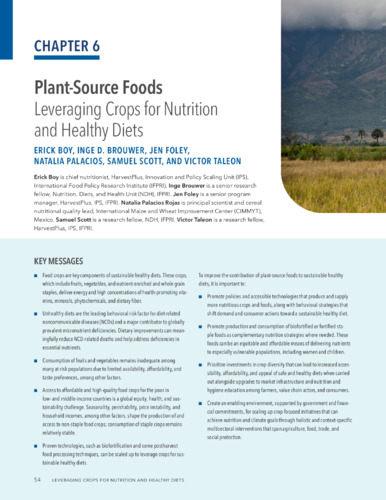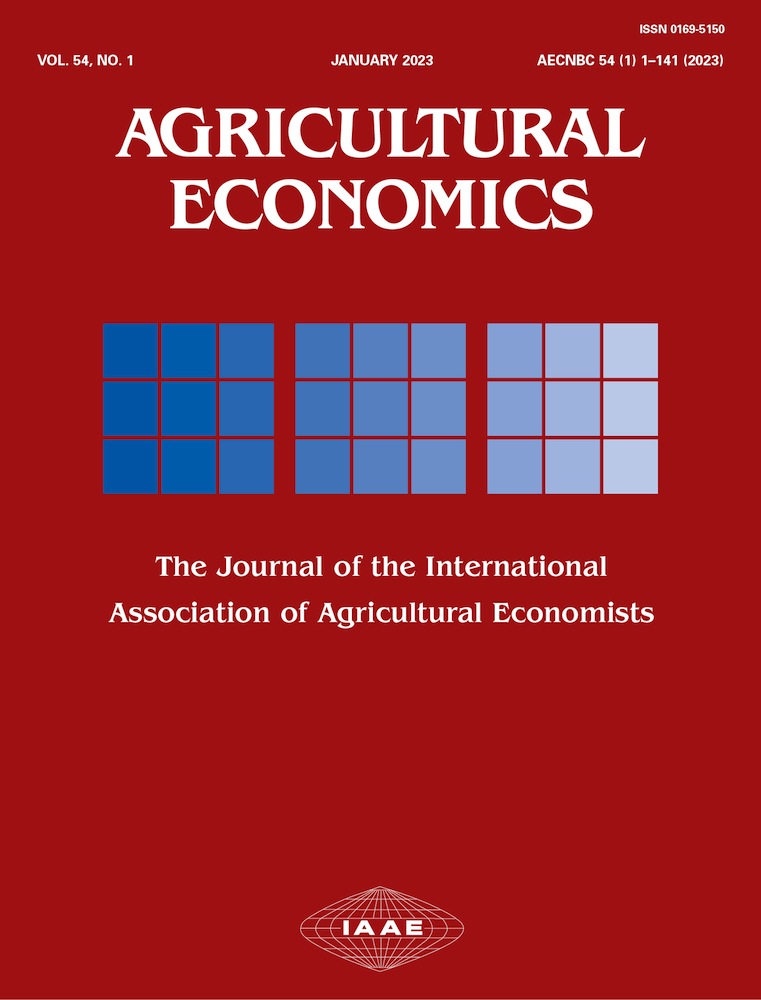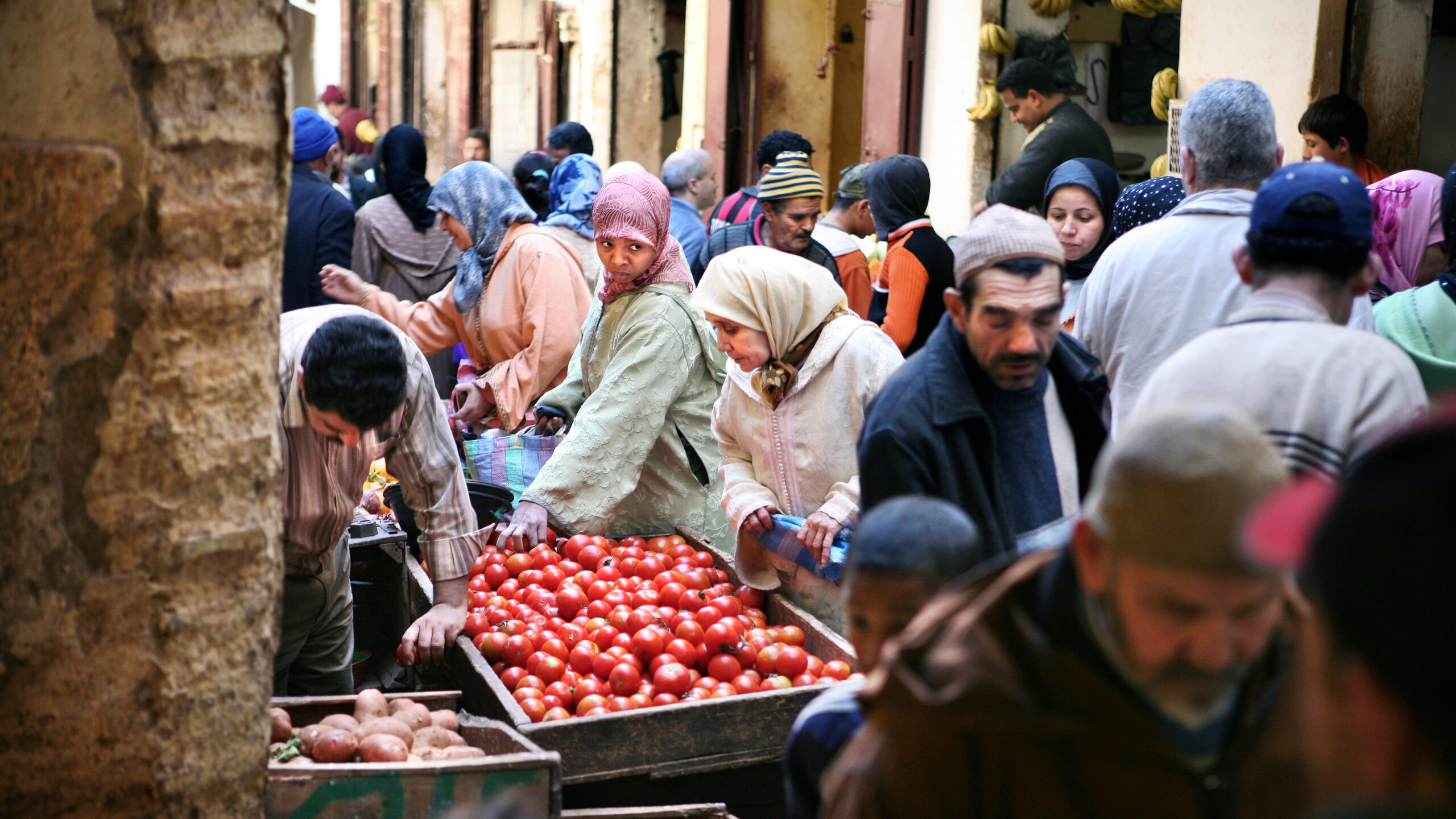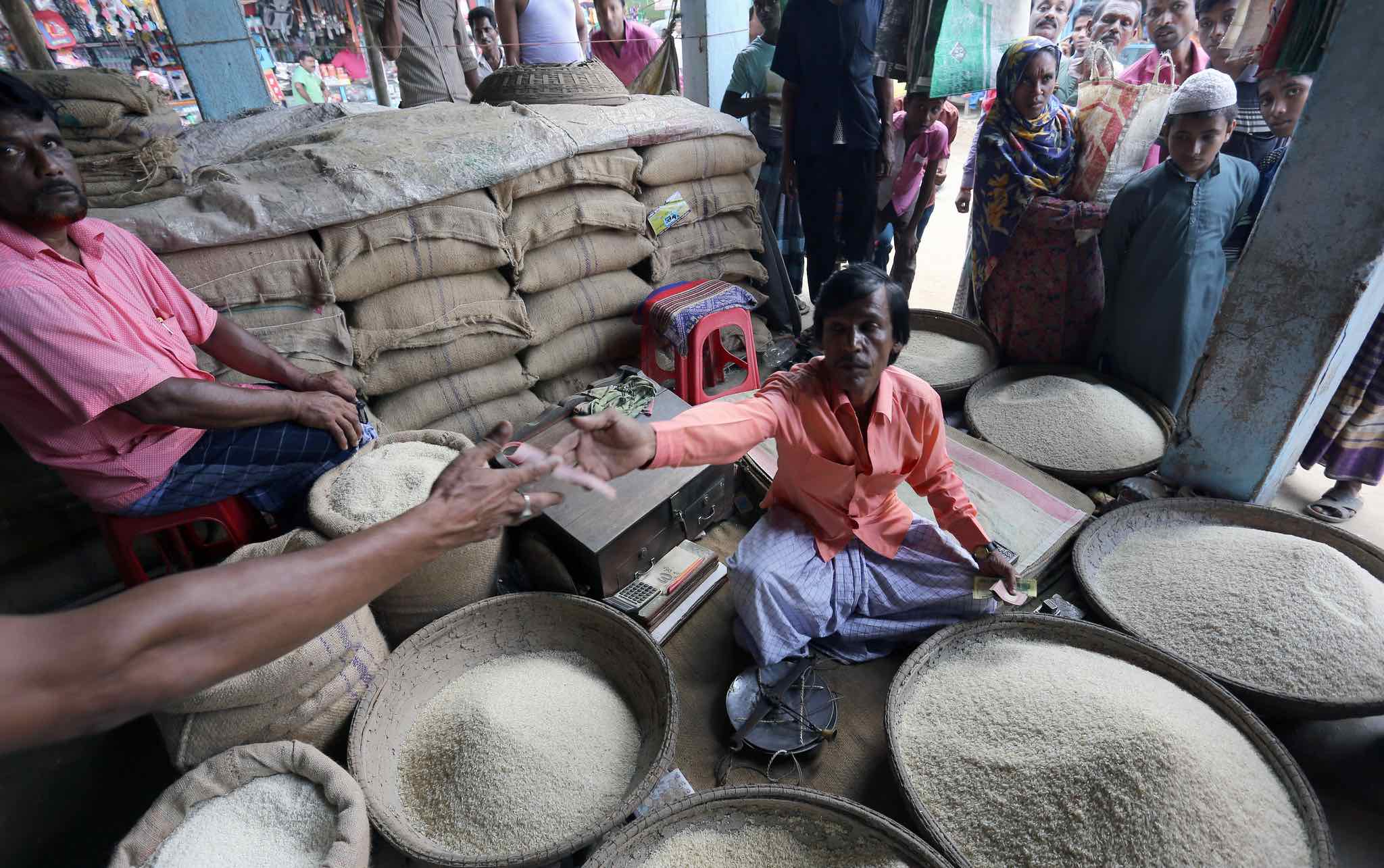Whole maize flour could enhance food and nutrition security in Malawi
Maize is the staple cereal in Malawi, with a daily per capita consumption of 383 g (dry matter basis), primarily consumed in the form of nsima, a thick porridge. We combined a milling experiment with focus group discussions (FGDs) to provide insights into mass and nutrient losses during maize grain dehulling and maize flour consumption patterns in rural Malawi. Milling batches (30 kg) of four maize grain varieties were dehulled at three abrasive disk dehullers under controlled conditions. The impact of maize variety and dehuller design on mass and nutrient losses during dehulling was statistically significant (p < 0.05), with a mean mass loss of 28.1 ± 5.7%, and nutrient losses of 9.8 ± 1.9% for protein, 61.7 ± 2.0% for zinc, and 47.7 ± 3.6% for iron. Six FGDs conducted in rural areas of Lilongwe District revealed a preference for refined flour due to convenience and cultural norms, despite the nutritional benefits of whole grain flour, which was recognized for its ability to provide satiety, particularly during periods of maize scarcity. Participants also highlighted switching between flour types based on seasonal maize availability, social stigma associated with whole grain flour, and awareness of nutrient losses during dehulling. Given Malawi’s precarious food insecurity situation, transitioning from dehulled maize flour nsima to whole maize flour or less refined nsima, is imperative. Our study findings can have food and nutritional savings for other southern Africa countries where the dehulling is a common practice.
Authors
Ngoma, Theresa Nakoma; Taleon, Victor; Mvumi, Brighton M.; Gama, Aggrey P.; Palacios-Rojas, Natalia; Matumba, Limbikani
Citation
Ngoma, Theresa Nakoma; Taleon, Victor; Mvumi, Brighton M.; Gama, Aggrey P.; Palacios-Rojas, Natalia; and Matumba, Limbikani. 2025. Whole maize flour could enhance food and nutrition security in Malawi. Discover Food 5(1): 40. https://doi.org/10.1007/s44187-025-00311-y
Keywords
Africa; Eastern Africa; Southern Africa; Maize; Maize Flour; Nutrition; Food Security; Milling; Food Losses
Record type
Journal Article









